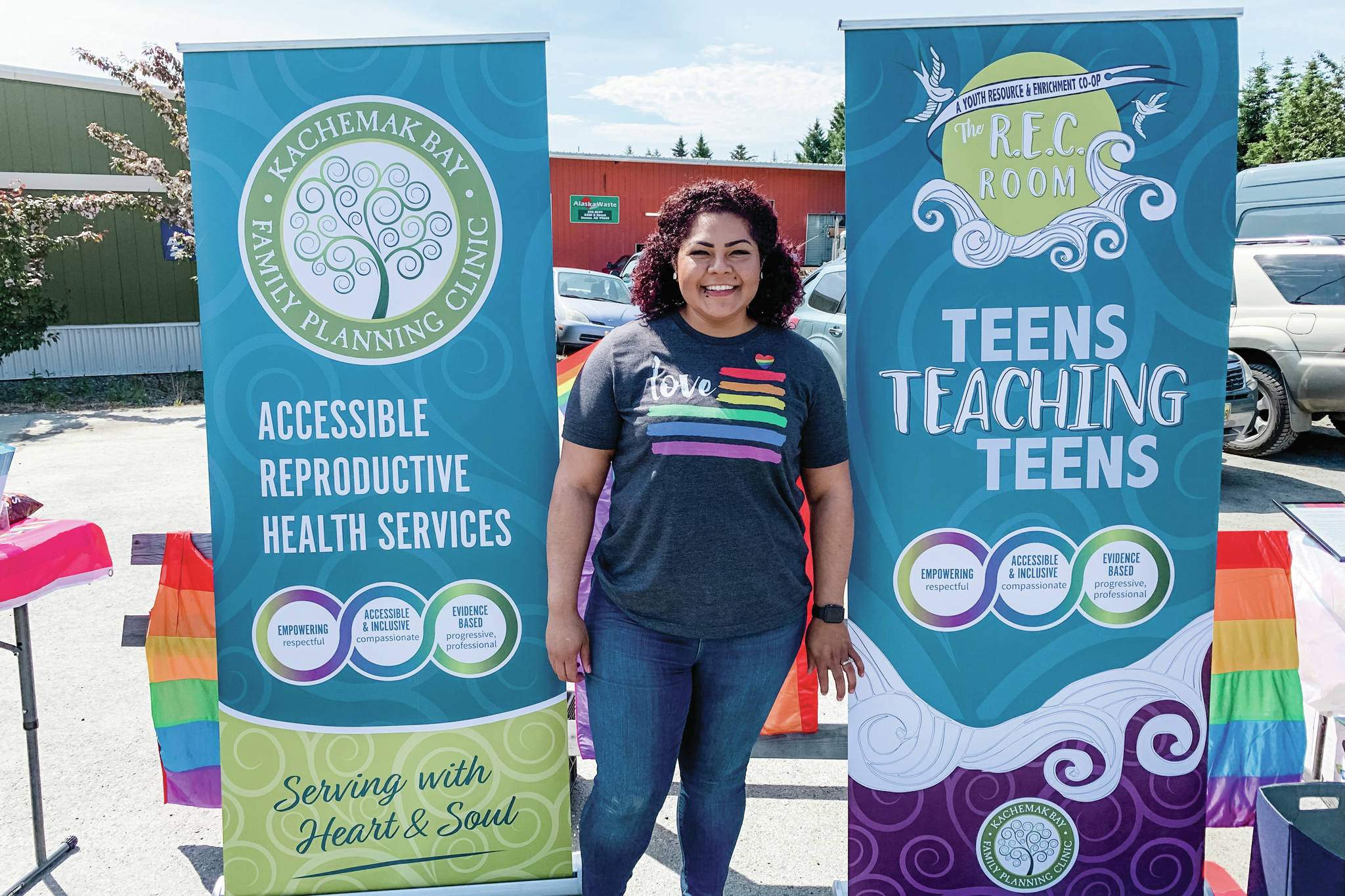The Kachemak Bay Family Planning Clinic Board recognizes that reproductive justice is all encompassing. Reproductive justice as defined by the organization Sister Song is “The human right to maintain personal bodily autonomy to have children, to not have children and parent children in safe and sustainable communities.” Reproductive justice is also immigrant justice; everyone should be able to determine their own reproductive options. This encompasses their right to resources, regardless of race, national origin, language or documented status.
The U.S. government is engaging in the forced sterilization of individuals held in Immigration and Customs Enforcement detention centers. These for-profit prisons/concentration camps are a crime against humanity and we demand justice. In order to have true reform we demand the abolition of ICE.
This human rights infringement of detaining folks in cages, not having adequate translators to process and go over paperwork, not allowing for COVID-19 tests and performing unauthorized operations to modify reproductive capabilities is ethnic cleansing. Rather than tackle the issues at hand such as lack of school and sexual education, clean and safe housing, immigration reform and social programs, the U.S. government offered inhumane treatment of reproductive capacity to those detained. We need to see that history is repeating itself and if we don’t take action our BIPoC (Black, Indigenous, People of Color) communities will continue to have reproductive genocide.
The U.S. government has been known to offer “reproductive choices” to our communities. Yet these “choices” are enforced on us by threatening social programs eligibility or the taking of our children. BIPoC womxn must weigh those threats against health complications such as excessive bleeding, inability to remove devices such as Norplant, over or under dosage of contraceptives, inability to have access and/or a provider examined after the contraceptive was given/ implanted and forced sterilizations.
I’ll walk you through the reproductive genocidal nature in the U.S on BIPoC folks and the reproductive injustice that continually repeats itself.
2013 – Center for Investigative reporting stated that between 2006 -2010, nearly 150 women were sterilized in California’s prisons. These steralizations were done either by forced coercion or without inmates’ knowledge.
1973-1976 – 3000 plus sterilizations were performed by providers of Native healthcare which left more than 25% of Native women infertile. With the large population growth and push to control minority womxn, money from the U.S. government through federal and state programs as means to controlling the population instead of the guide it was presented under- women’s reproductive autonomy.
1970’s – Los Angeles- Mexican American, Latina/x, were sterilized during their labor, unable to give informed consent of the documents of the irreversible procedure. Legislation from a class auction lawsuit made that sterilization was no longer offered during birth but rather 72 hours after giving birth as well as literature on the procedure available in Spanish.
Between 1930-1970s – One-third of Puerto Rican women were used as contraceptive test subjects to figure out proper dosage before marketing safe dosage of birth control to primarily white women in the United States. Puerto Rican women were having unregulated contraceptive methods tried on them which lead to unintentional sterilization. The government felt they were great test subjects due to overpopulation, poverty and unemployment.
I want to also mention Henrietta Lacks whose unauthorized cell capture is still being used today for medical research and Anarcha Westcott who was enslaved and forced to undergo a series of painful experimental surgical procedures by J. Marion Sims.
If you made it this far and are as outraged as I am, I know your next question will be — “So what can I do?”
Educate yourself in literature, documentaries, public policies, legislation and reproductive health care. Follow and read material by BIPoC and those involved in change.
Donate and contribute to organizations, involve yourself in conversations by joining boards, advisory councils and having these subjects come up at your everyday conversations.
Write to municipal, local, state, federal elected officials, the local paper, your social media account and let everyone know that rights to reproductive health and reproductive access are important and a human right.
Xochitl Lopez-Ayala (she/her) is a reproductive access advocate and is the Vice President of the Board of Directors for the Kachemak Bay Family Planning Clinic. Outside of her corporate career, her focus is on advocating for all Alaskans’ right to affordable, safe, accessible reproductive health services and working with others in the community to ensure these rights are represented and protected. She has lived and worked in Fairbanks, Anchorage, Juneau and currently resides in Homer.


